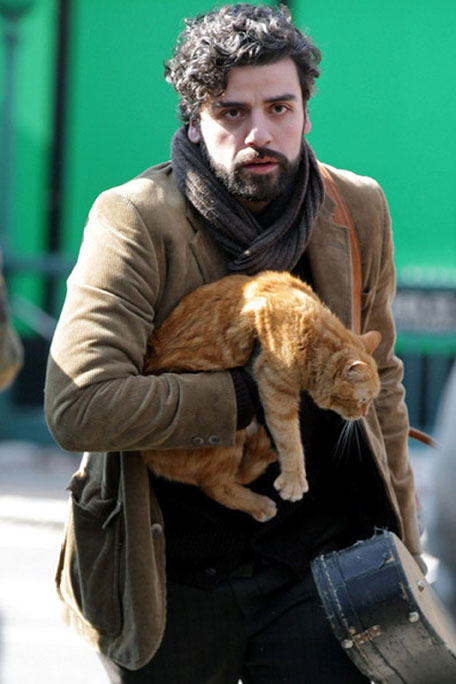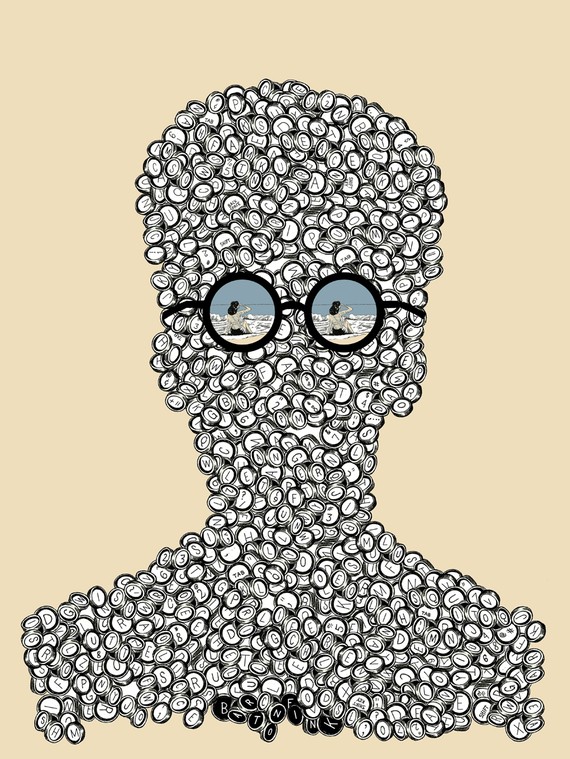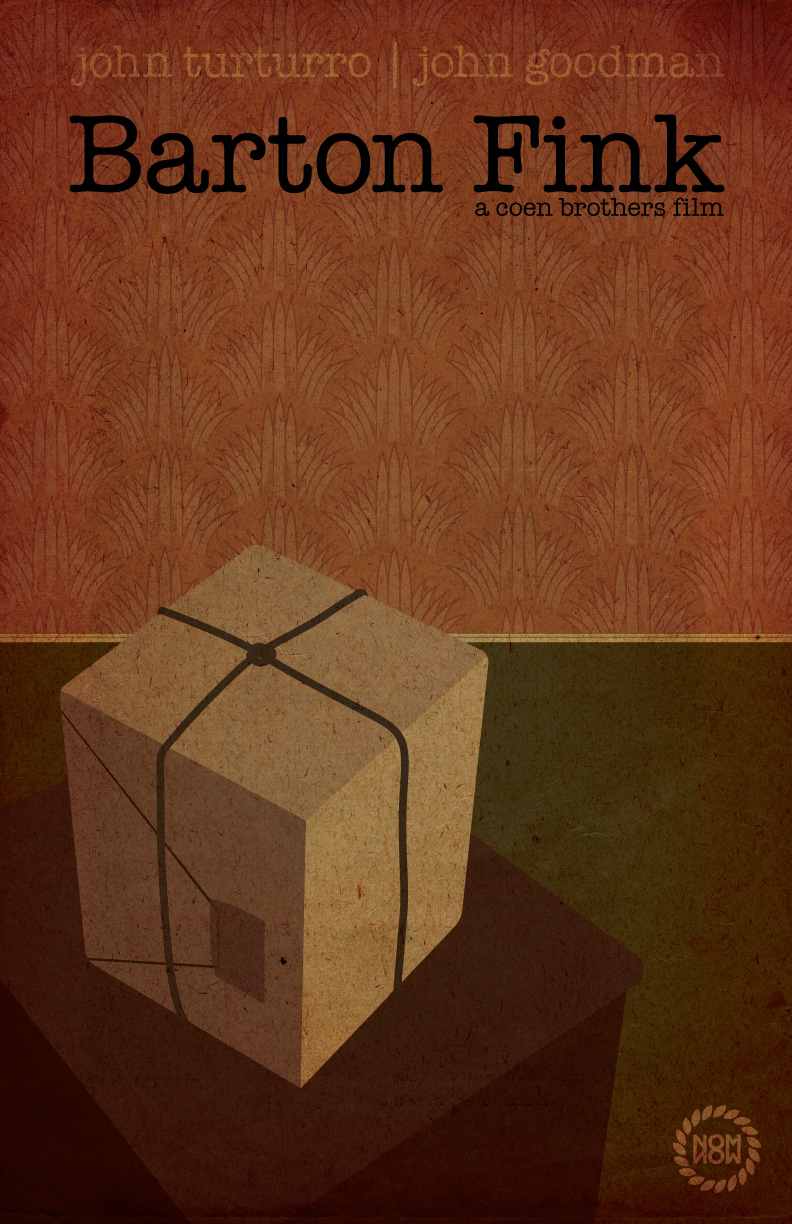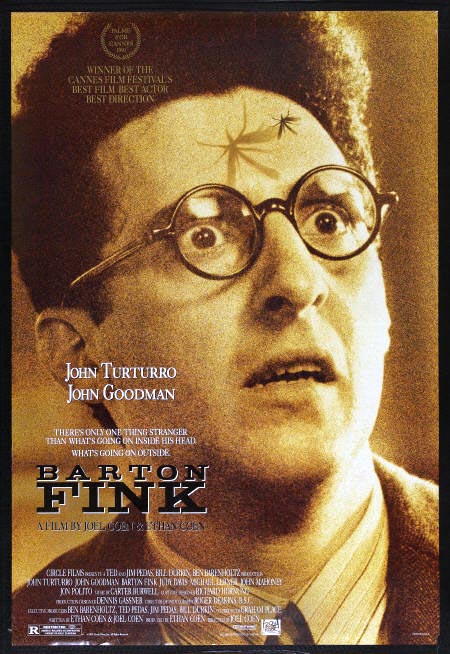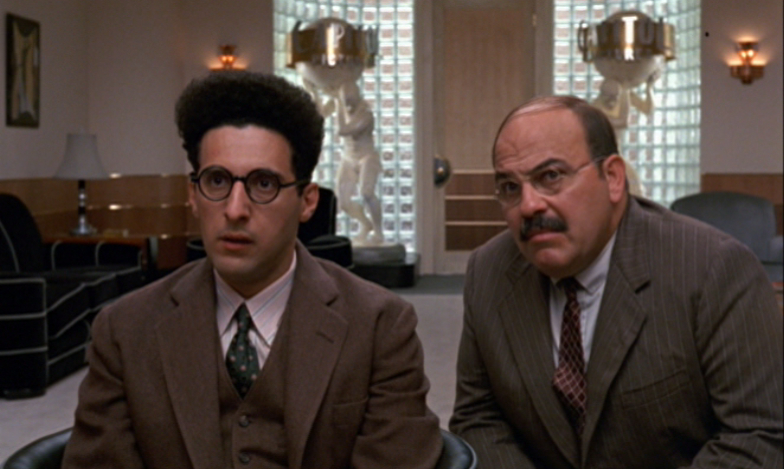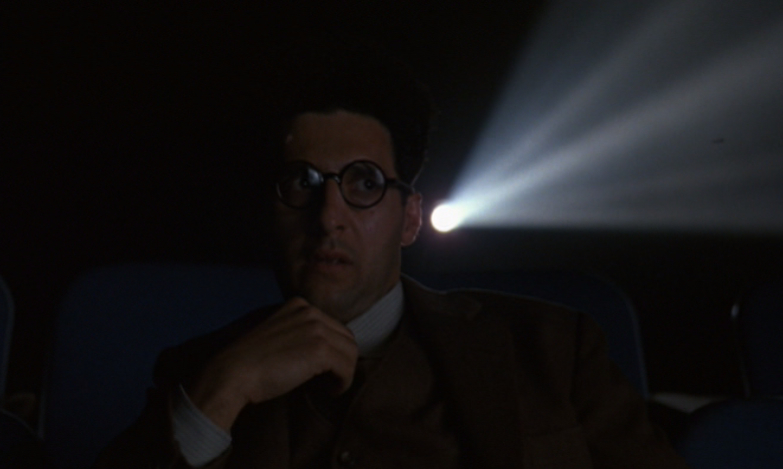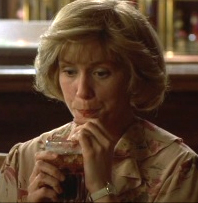Robert here, with my series Distant Relatives, where we look at two films, (one classic, one modern) related through theme and ask what their similarities/differences can tell us about the evolution of cinema. Please note that hereafter be SPOILERS AHEAD.
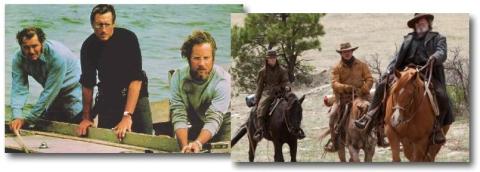
Three characters in search of a killer
If there’s one notable difference between the original 1969 True Grit and the Coens’ version, it’s the sense of nihilism and meaninglessness in the world the Coens create. Of course the Coens have long been the kings of nihilistic worlds, and it says something that True Grit provides one of their most meaning filled realities. Still when all is done, in the Coen version, we’re left wondering what it was all worth. The John Wayne version, which suffers in no small part from being surrounded by a sea of bleak late 60’s cinematic masterpieces, feels more like a tale of good guys an bad guys. And while the Coen version has good guys and bad guys it feels more like a tale of how reality itself, the natural world is out to get us all.
But we’re not here to compare two versions of the same story, we’re here to compare distant relatives. Which brings us to a film where the natural world is quite literally out to get us, in the form of Steven Spielberg’s antagonizing great white shark (nicknamed Bruce) as it terrorizes the citizens of Amity island. Jaws and True Grit present us with all kinds of similarities in terms of structure, character and the eternal theme of mankind’s struggle against the natural world.
Both are revenge films, though there’s something that doesn’t seem quite right about that. They’re not in the same company as Mad Max or Kill Bill because the singular intense insanity of the vengeance-seeker is not the most integral element of the story here. In fact, there isn’t a sole vengeance seeker. In both cases there are three individuals who serve different purposes and convey a wide scope of what could posses a person to go out hunting for “justice.”
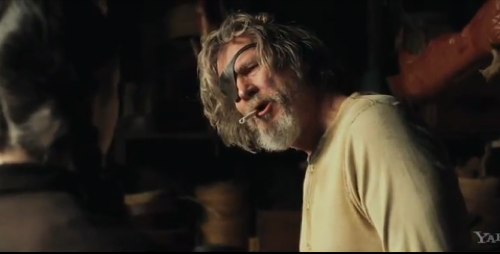
Rub a dub dub
We can start with the characters who get to be the audience's surrogate. Jaws’ Chief Brody (Roy Schieder) and True Grit's Mattie Ross (Hailee Steinfeld) have to present some sort of righteous motive for us to get behind. Mattie’s detached desire to avenge her father and Brody’s obssessive quest to kill a shark don’t exactly invite us to cozy up. But it’s the amorality of others around them that throw new empathetic light on their pursuits. Those who have the power to bring about justice and prevent future bloodshed have no interest in doing so. So we have to get behind Mattie and Brody. Theirs may not be the best way, but it’s the only way.
When we discussed Midnight Cowboy and The Fighter, we talked about the relationships between cinematic duos and how the straight man/comic relief model has had lasting influence. We find in these two films that our teams of three follow a similar mold. The hero is our center, the most rational of the characters, the one whose desires we are most likely to understand. He or she is flanked on one side by a man with more “noble” motives like science or avenging the death of a Texas Ranger. This man is snarky, sarcastic, rather full of himself and his noble goals, though underneath harbors a somewhat more base motivation, money or pure adrenaline. We may call him our uber-hero since in his own mind he’s far more worthy of his cause than anyone else. On the other flank of our hero is our anti-hero, a man with an obsession, usually courtesy a past trauma. Anti-authority, often drunk and wild, he is not hindered by the morality of the other two men. By standard anti-hero rules, he has none. He cares not for the means only the ends. Perhaps it’s going too far to suggest an id, ego, superego connection. But there it is. Quint, Brody, Hooper. Rooster, Mattie, LaBoeuf. Anti-hero, hero, uber-hero.
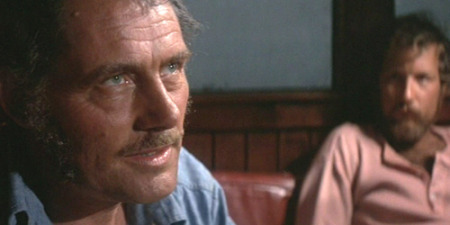
Into the woods
Both films follow a similar structure too. The first kill, the inciting kill, happens as a prologue, before the main title even appears. Then an act’s worth of gathering evidence, momentum, and a posse and it’s off into the water or wilderness. Here, the randomness of nature is the enemy. And while it might seem odd to compare the instincts of a predatory animal to the free will of a man, consider Tom Chaney when we see him. He is practically an animal; gruff, dim-witted, hairy, smelly and quite frankly, a disappointment. If Bruce the Shark, by lack of a frontal cortex is no Tom Chaney, then Tom Chaney by lack of chutzpah and screen presence is certainly no Bruce the Shark.
In both cases, we’re left with the uncertainty of a happy ending. In terms of the prevention of future attacks, the sparing of future victims, indeed both missions are a success. But what of it? Jaws is a happy ending with a question mark, one where our rejoicing is tarnished by remembering what was lost, who was killed. True Grit is a happy ending with ellipses, one that gives us justice served and then follows it with the pointless onward march of time, lives suddenly devoid of a vengeful goal falling into parody or banality.
So, is there a reason why in thirty five years, happiness’s cold side dish has changed from sacrifice to uncertainty? We can consider the films’ directors. For Steven Spielberg, child of World War II, the long sad road to the other side of the rainbow is a constant recurrence in his films. Jaws, made in the waning days of Vietnam asks of the quest for justice “what is the sacrifice?” The Coens, prophets of pointlessness and futility, coming of age in the cold war, coming to prominence during the war on terror, make a film about the quest for justice and ask “what is the point?”
 Monday, February 20, 2012 at 8:00AM
Monday, February 20, 2012 at 8:00AM 